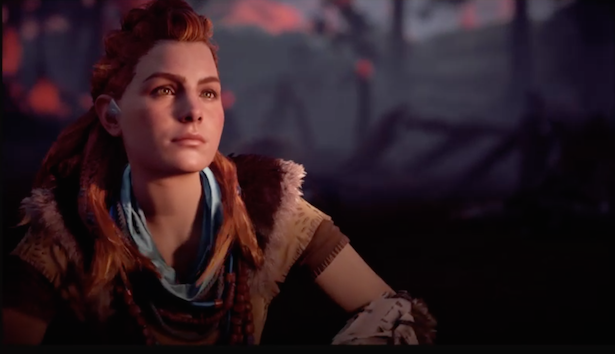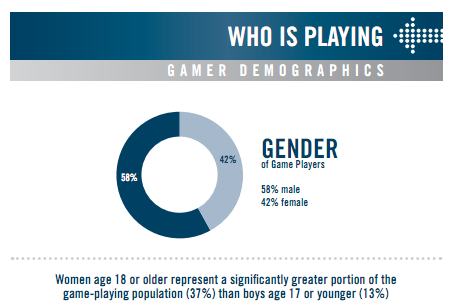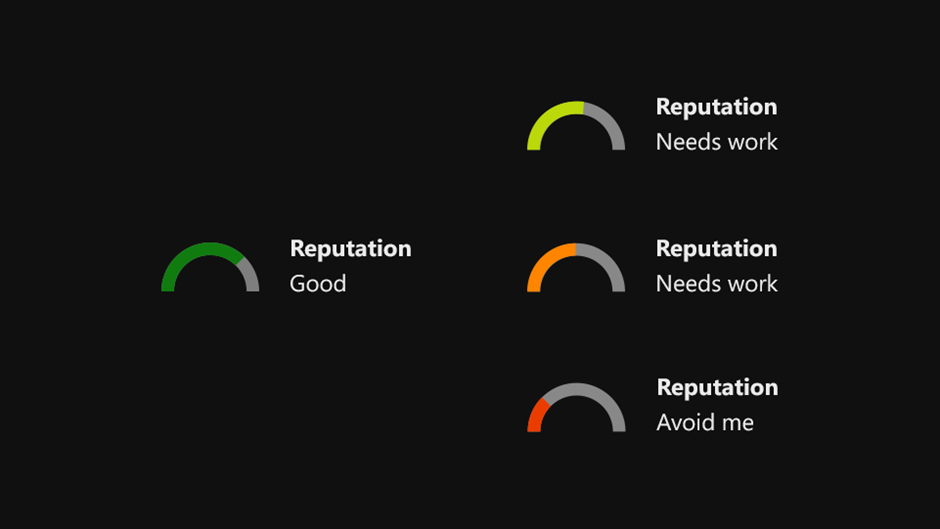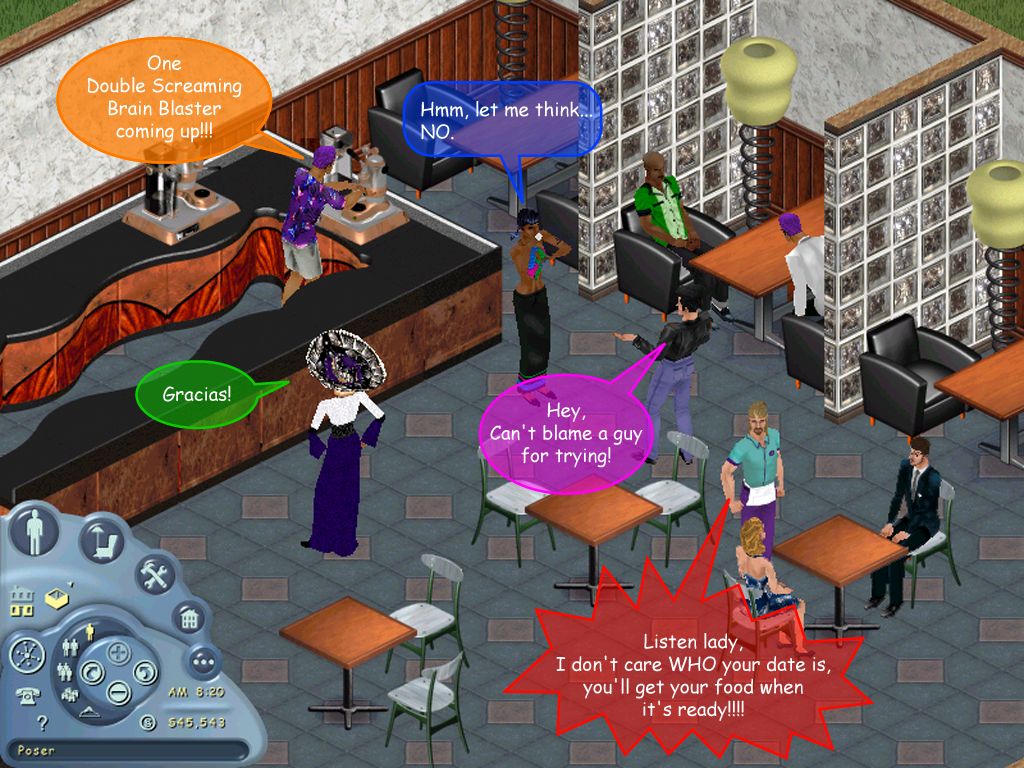I have finally gotten around to editing my video and adding voiceover from my portion of the CCCC Access Happening. I recorded the portion of the talk that went with the video and was actually scripted. There was an introductory bit that was done extemporaneously, but that is not included.
Remember that the audience for this piece is composition teachers and generally those who do little to no work with digital technology. There are a few folks like us there, but most folks who are still only teaching students to compose alpha-numerically and read alpha-numeric texts. That being said, enjoy. You can find the video transcript below the break.
As we enter the moment where children’s interactions with technology in general and games in particular happens at an earlier age and with greater frequency
We must begin to look at how the educational mechanics set up within the games themselves have taught them the basics of gameplay. The truth is that this process may be familiar to some of us. Good games facilitate the learning of mechanics in much the same way that many of us facilitate the learning of writing.
We point students in a specific direction (or towards a specific topic) and allow them to run with it. In the same manner that the gamer here is able to hit the escape key in order to bring up the menu and get some additional help. We, as writing instructors serve as our students’ escape keys. We are there during conferences, office hours, late night emails, etc. to answer questions, offer advice, and what have you. We are there to lead them into a whole new world (or various genres of writing and research) and when they get a little stuck, we are there to offer a small bit of guidance in terms of how to best proceed.
In our writing classes we often start students out with writing in genres that they may perceive as being easier. We often start with personal narratives, reviews, and letters to the editor before we move to longer research based assignments that will often ask them to use the skills that they have learned when working on the earlier assignments as building blocks for more complex assignments.
So while we will ask them to run in the first assignment (for example a personal narrative), it will quite possibly be something that many of our students may already know how to do, by the time they get to the second assignment we will ask them to run and jump (all of the time telling them how to get the best elevation –aka pressing the spacebar–), and by the time they get to the third assignment we can feel comfortable throwing some climbing and shimmying into the mix.
Oftentimes by the time we get to the major assignment in a course we kind of let them go and give the opportunity to play around with what it is they have learned up until this point. We give them the chance to play with rhetorical tools and tricks in order for them to best find their own way or their own solution to a problem. Even some new problems or issues that they might not have encountered before.
And like this lucky little guy here, students do have a chance to make mistakes, learn from them, and move forward. While we don’t give our students a magic shift key we can give them magical drafts and revisions. We can give them the opportunity to play in the experience and to try different angles until they come up with just the one that gets them to where they want to be.
So, if all of these things are so familiar to us and I am so sure that they will help us to become better writing teachers what’s the big deal?
It’s engagement. Gamers will often times spend hours, days, weeks, and even months working toward a goal or a solution within a game
The same does not always hold true for the burgeoning writer. She can quite quickly grow frustrated and rage quit her writing task in a fraction of the time that she will send attempting to solve and equally difficult problem in game.
Video games and video game pedagogy (for want of a better term) are things that we may want to pay close attention to. While games have been seen as devoid of usefulness… as a waste of time…the time has come for us to realize that these things are a big part of the lives of our students from a very young age and that we should be willing and able to teach composition with, through, and/or as a video game. Games, leaderboards, competition systems, and achievement systems are a good place to start as long as they are integrated with critical thought and knowledge of the medium. Games are rich texts that can not only serve as a means for students to analyze the world around them, but as a text for teachers to analyze as model teaching and engagement tools.




